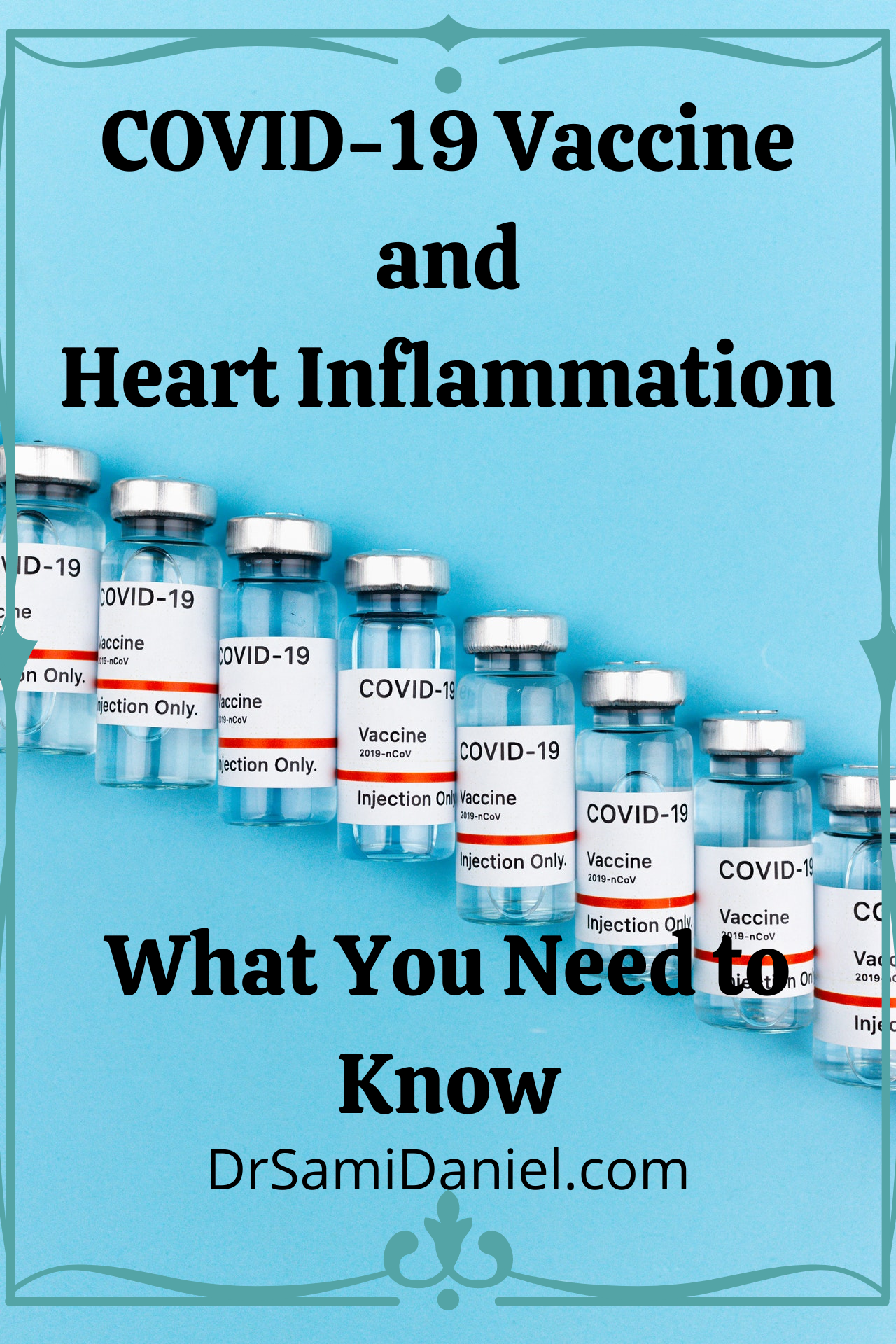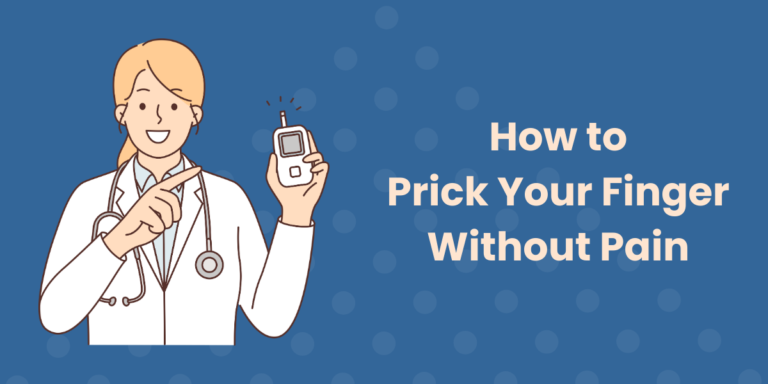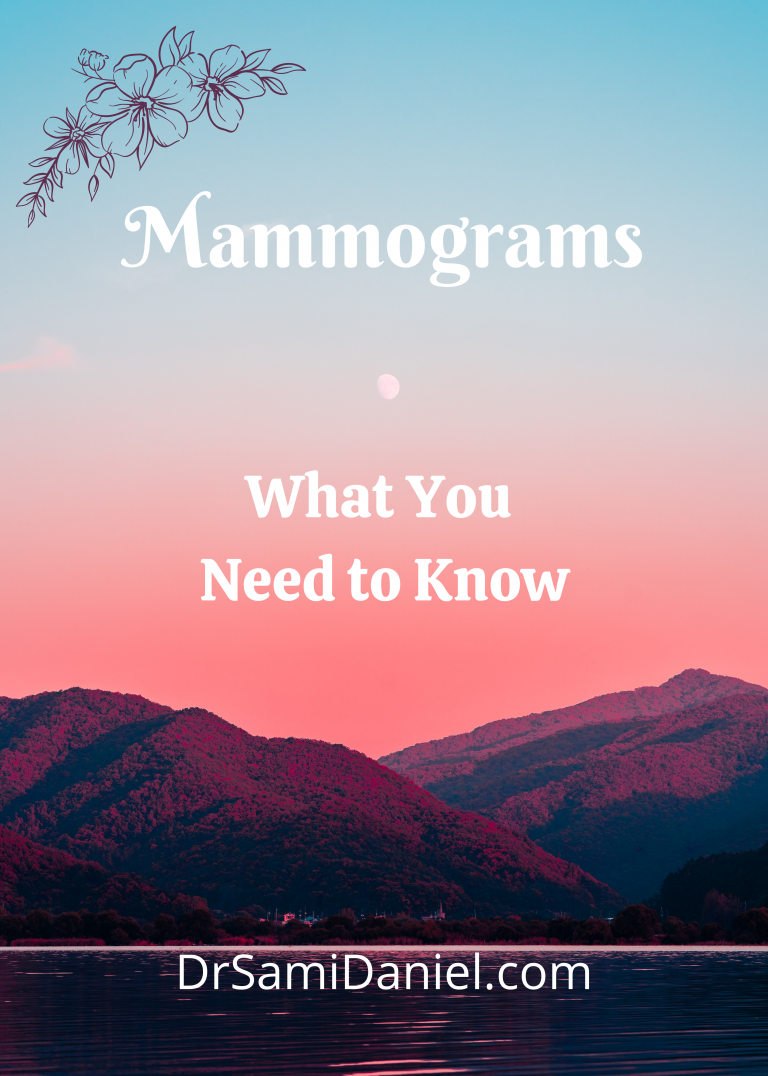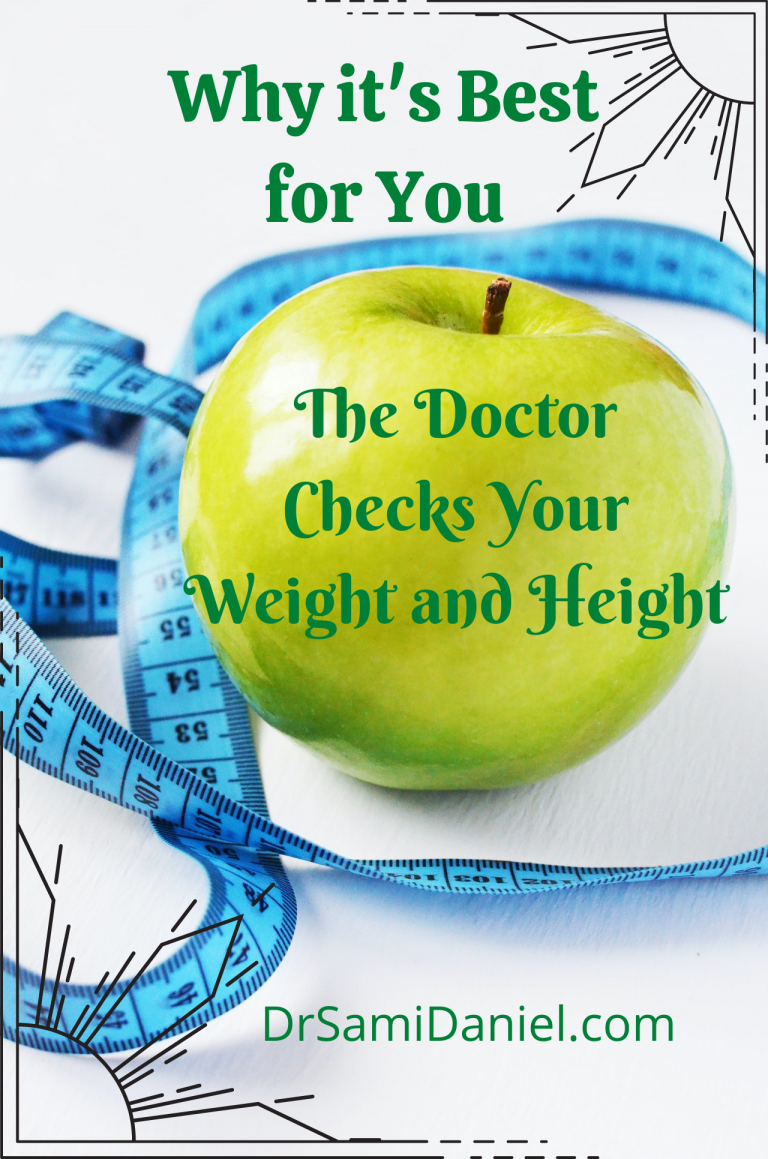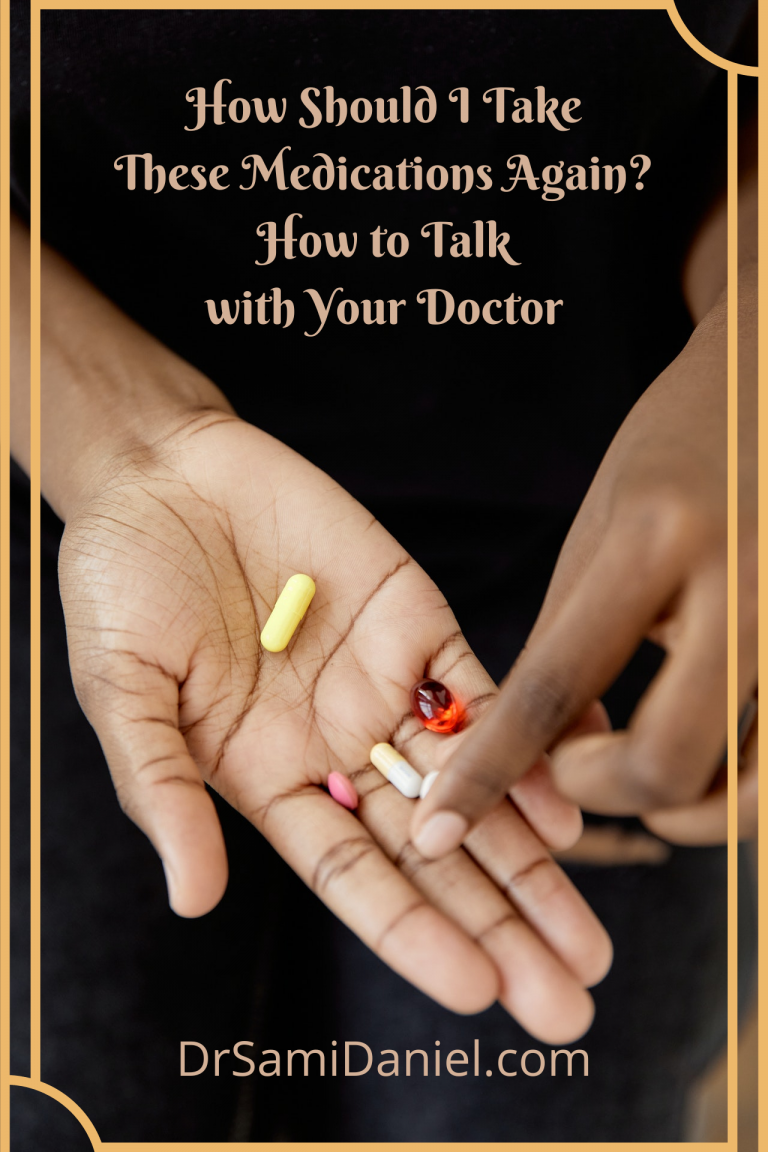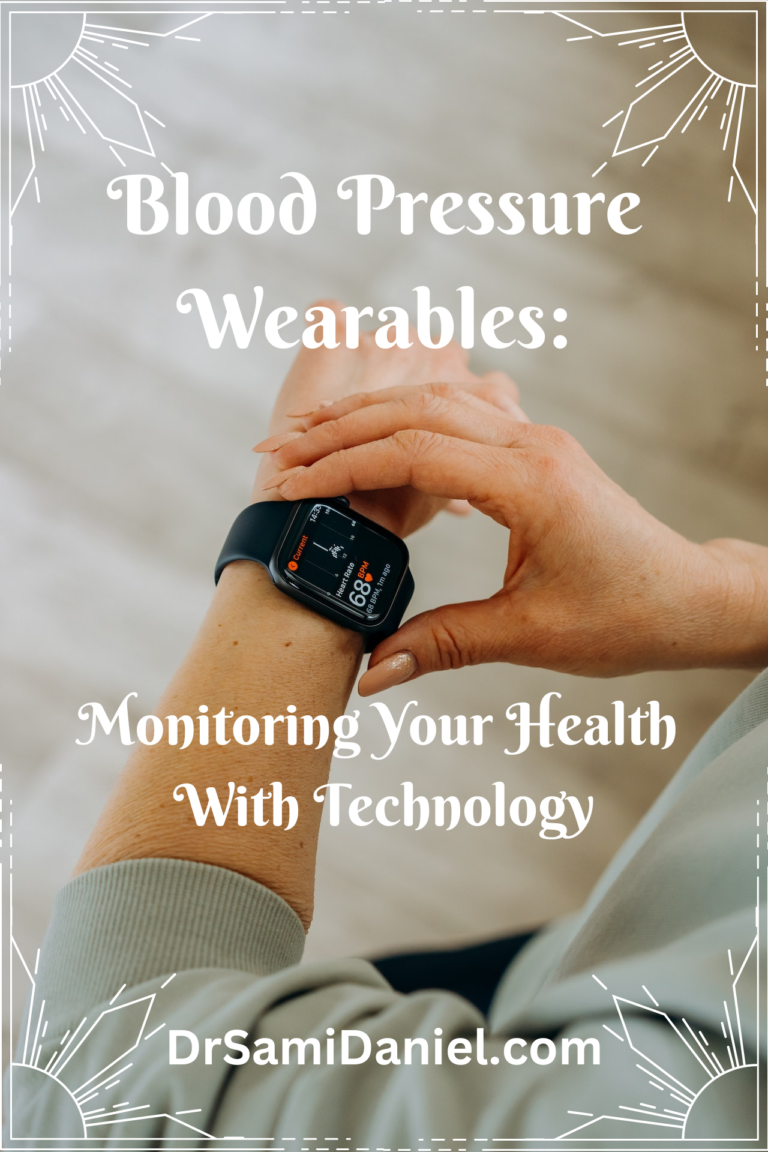COVID-19 Vaccine and Myocarditis or Pericarditis
Well it happened. I am one of the 10.69 per 100,000 people in my age group that experienced myocarditis after receiving the mRNA COVID-19 vaccine. (1)
It was surprising because I did not feel anything unexpected from the first dose. Shoulder pain at the site of injection, fever, body aches and head aches came and left over the course of a couple days. So I didn’t think much of taking the second dose.
Although I was admittedly late in taking the second dose, the effect was still swifter than the first dose. The familiar shoulder pain built up by the end of the night, and I began to feel feverish. However I felt reasonably well by the next day. So I went to work.
At one point, I suddenly felt dizzy, faint, short of breath and needed to sit down before falling over. Signs of autonomic dysregulation where automatic systems seemed to be mildly compromised. My blood pressure was 94/53 during that episode and not usually that low.
Two days later, I began to have palpitations (racing heart beat) and arrhythmias (irregular rhythms) that lasted for minutes at a time. These mild episodes have mostly resolved within a couple days and I only experience the rare recurrence. But otherwise, I am fine.
I am glad to have been vaccinated despite this experience. Why? Because the vaccine in itself did not cause this reaction. My immune system working to defend me against possible invasion from COVID-19 caused this reaction. And if I had been infected with the real virus, things may have been more severe.
Is the COVID-19 vaccine still recommended? Absolutely.
Would I take the booster shot? I’m still considering it at this time.
Am I crazy? I don’t think so. Let me explain why I think the vaccine remains valuable to our community.
What is Endocarditis, Myocarditis, Pericarditis?
The study done by Dr. Witberg’s team investigated the connection between Myocarditis and the COVID-19 mRNA vaccine. (1)
The heart has three primary layers which can become inflamed. The inner layer, the middle layer, and the surrounding layer.
Endocarditis refers to the inflammation of the inner lining and valves of the heart. Essentially the surface with which blood is in constant contact in a normally functioning heart. Just beneath the inner surface is the actual muscle.
Myocarditis refers to inflammation of the cardiac muscle itself. This muscle is what contracts to pump blood out and forward throughout the body.
Pericarditis refers to inflammation of the sac within which the heart sits. This sac provides a thin layer of lubrication for the heart to pump effectively. Kind of like engine oil to keep the parts gliding smoothly.
COVID-19 is not the only virus that can inflame the heart. Inflammation of any of the heart’s layers can be caused by viral infections, bacterial infections, fungal infections, or others. To learn more, visit the website of the National Heart, Lung, and Blood Institute (2)
If you or someone you know are experiencing symptoms, please seek medical attention immediately.
What are the symptoms to be aware of?
Symptoms are the result of inflammation of the layers of the heart which can either lead to uneven transference of the electrical impulse throughout the heart muscle and/or decreased lubrication of the heart which interferes with the smooth mechanical action of the heart as a pump.
Based on the Centers for Disease Control and Prevention (3), symptoms include but are not limited to:
- Chest pain – Your heart pumps blood to itself as well as the rest of your body. Therefore the cardiac tissue can begin to die if your heart does not get an adequate supply of blood with oxygen and nutrients. This can cause chest pain as well as shortness of breath.
- Shortness of breath – A couple things happens when the flow of blood is no longer smooth throughout the body. For one, blood does not move forward to give oxygen to the organs. For another, if blood does not move forward, that means it gets backed up. Breathing becomes difficult with the combination of oxygen not getting delivered to the organs and blood backing up in the lungs so fresh oxygen cannot replenish the blood supply
- Palpitations – When any of the three levels of the heart are inflamed, this may result in the sensation of a racing heart at times. This is because the inflammation interrupts the smooth conduction of the electrical signal throughout the heart.
Other Symptoms of COVID-19
The above symptoms were primarily focused on symptoms that might be related to the inflammation of the heart. However these symptoms are not the only symptoms during vaccination or infection.
Symptoms include but are not limited to:
– Headache
– Body ache
– Nasal congestion/ Stuffy nose/ Runny nose
– Sore throat
– Loss of taste or smell
– Diarrhea
If you or a family member experience any of these symptoms, please self quarantine and contact your Doctor for further evaluation.
What does “Unprecedented” Really Mean?
“Unprecedented” is a term often used in the media to describe this pandemic. “These are unprecedented times!” I have heard it over and over on every news channel on TV or radio and I feel we have gotten carried away with repeating the phrase because it sounds impressive. But what does that term really mean?
The root word of “unprecedented” is “precedent” or “precede”. So the Online Etymology Dictionary defines this term as, “previous instance or circumstance which may be taken as a rule in subsequent similar cases”. (4) Essentially, something has happened before from which we can learn from and make educated decisions based on that experience.
If something is UN-precedented, we establish that nothing like this has ever happened in the past. Therefore we imply that there is nothing in history similar to the current experience and so we cannot learn from the past to make decisions for the present and future.
But is this really true? Human history has been punctuated with epidemics and pandemics. (5) But never before have we been so prepared for a pandemic. A vaccine was developed over the course of a year and mass produced to supply the world with a way to slow the spread of the COVID-19 virus. This offered hope of returning to “normal” life.
Has this ever happened before? Simply, no.
But we are human beings with ingenuity. We can call upon the collective knowledge of the human race from various sources and create a solution to a problem in a new way.
So these are unprecedented times. Not because the human race has never seen infectious diseases before. But because we have developed creative ways to contend with something that has not been encountered.
Why the COVID-19 vaccine is valuable
Stop for a minute and consider the COVID-19 virus. This virus got its start in the fall of the year 2019. It spread so fast that the world underwent quarantine by spring of 2020! That is mind-boggling!
Other infectious diseases may travel this quickly. However COVID-19 got attention for two reasons: 1. How fast it can spread and 2. How deadly it appeared to be.
People seem to think that the vaccine is some sort of cure. As though taking the vaccine will provide in impenetrable defense against COVID-19. Therefore they feel they can go about life without fear of contracting the virus. What’s more deadly than the deadliest virus? Assumption.
The vaccine was not made from rainbows and sunshine. It is not magic. Otherwise Doctors would simply snap their fingers to heal patients and save themselves the heartache of seeing someone suffer under their care.
The COVID-19 vaccine was developed through human ingenuity to work with the innate ingenuity of our immune systems. We developed a vaccine against something we have not encountered before. However our immune systems develop defenses against foreign entities quite frequently. So what is the value of vaccines if our immune systems already do this for a living?
We train our immune system to have the skills necessary to defend our bodies if a foreign invader attempted to gain a foothold and invade. If this were to happen, our immune system is ready on the front line and can engage the enemy immediately without wasting time trying to first identify it and prepare the proper ammunition.
Vaccines have never been perfect. Even the flu vaccine may have side effects including but not limited to allergies and flu-like symptoms. We still take the vaccines despite the side effects to help prepare our immune systems to fight the flu, lessen the symptoms, and lessen the duration of being sick.
Notice, vaccines do not wrap our bodies in an impervious cocoon. We do not put our soldiers through exhaustive training and then say our country is now protected without the need to deploy our men and women into service. We have instilled our soldiers with a skillset with the expectation that they would have to use these skills to actively defend our nation.
The same philosophy is applied to our immune system. We train our systems ahead of time in preparation for a possible invasion. Why? Because now our immune systems stand ready. And even if the border is breached by some variant, the immune system has already developed the resources and ability to fight the infection while fine tuning its plan of attack.
Summary
The COVID-19 mRNA vaccine is now known to be associated with increased risk of myocarditis and/or pericarditis. (6) So be mindful of the symptoms as noted above or by the CDC. If you experience symptoms, seek medical attention immediately.
These are not the only side effects of the vaccine that have been discovered, however the focus of this post was on the relationship between the COVID-19 mRNA vaccine and myocarditis and pericarditis.
Despite rare side effects, vaccines remain vitally valuable to the community for disease control in two ways: Minimize effect of infection within our bodies and to slow the spread of infection to loved ones.
If you have further questions, please speak with your Doctor for more information. You can also review the website of the Centers for Disease Control and Prevention for the most up to date information.
References
- https://www.nejm.org/doi/full/10.1056/NEJMoa2110737
- https://www.nhlbi.nih.gov/health-topics/heart-inflammation
- https://www.cdc.gov/coronavirus/2019-ncov/vaccines/safety/myocarditis.html
- https://www.etymonline.com/word/precedent
- https://www.ncbi.nlm.nih.gov/pmc/articles/PMC7874133/
- https://www.fda.gov/news-events/press-announcements/coronavirus-covid-19-update-june-25-2021

